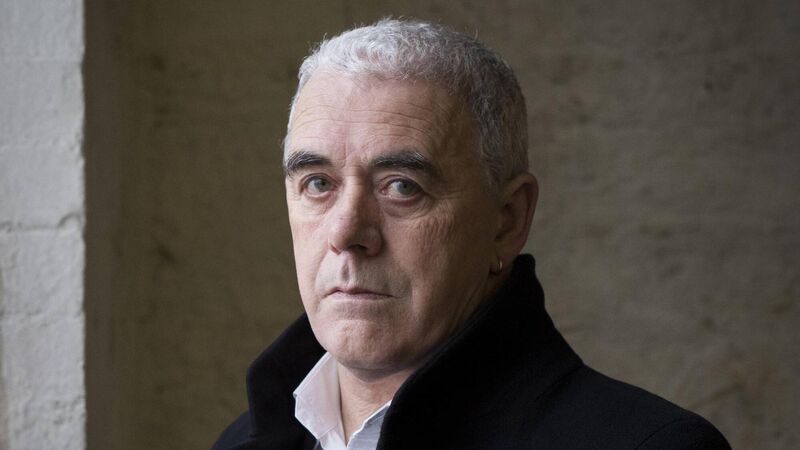Culture That Made Me: Cork poet Theo Dorgan on Dylan, Lessing, and hurling

Theo Dorgan's new work will premiere at Kilkenny Arts Festival.
Try from €1.50 / week
SUBSCRIBE
Theo Dorgan's new work will premiere at Kilkenny Arts Festival.
Born in 1953, Theo Dorgan is a poet and writer from Cork. He grew up on Redemption Road, near Blackpool, and is married to the poet Paula Meehan.
In 2004, Dorgan’s Jason and the Argonauts premiered at London’s Royal Albert Hall. In 2015, he won the Poetry Now Award for Nine Bright Shiners, one of several accolades received during his career. He is poet-in-residence at this year’s Kilkenny Arts Festival.
Already a subscriber? Sign in
You have reached your article limit.
Annual €130 €80
Best value
Monthly €12€6 / month
Introductory offers for new customers. Annual billed once for first year. Renews at €130. Monthly initial discount (first 3 months) billed monthly, then €12 a month. Ts&Cs apply.
Newsletter
Music, film art, culture, books and more from Munster and beyond.......curated weekly by the Irish Examiner Arts Editor.
Newsletter
Music, film art, culture, books and more from Munster and beyond.......curated weekly by the Irish Examiner Arts Editor.
© Examiner Echo Group Limited